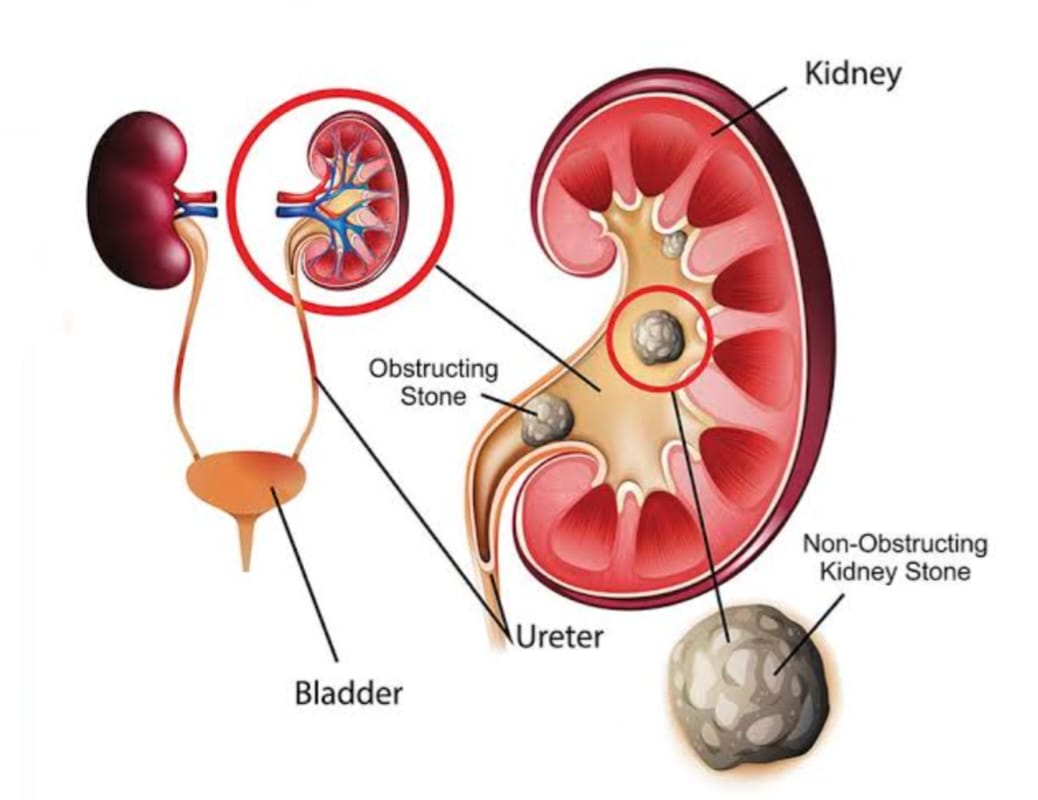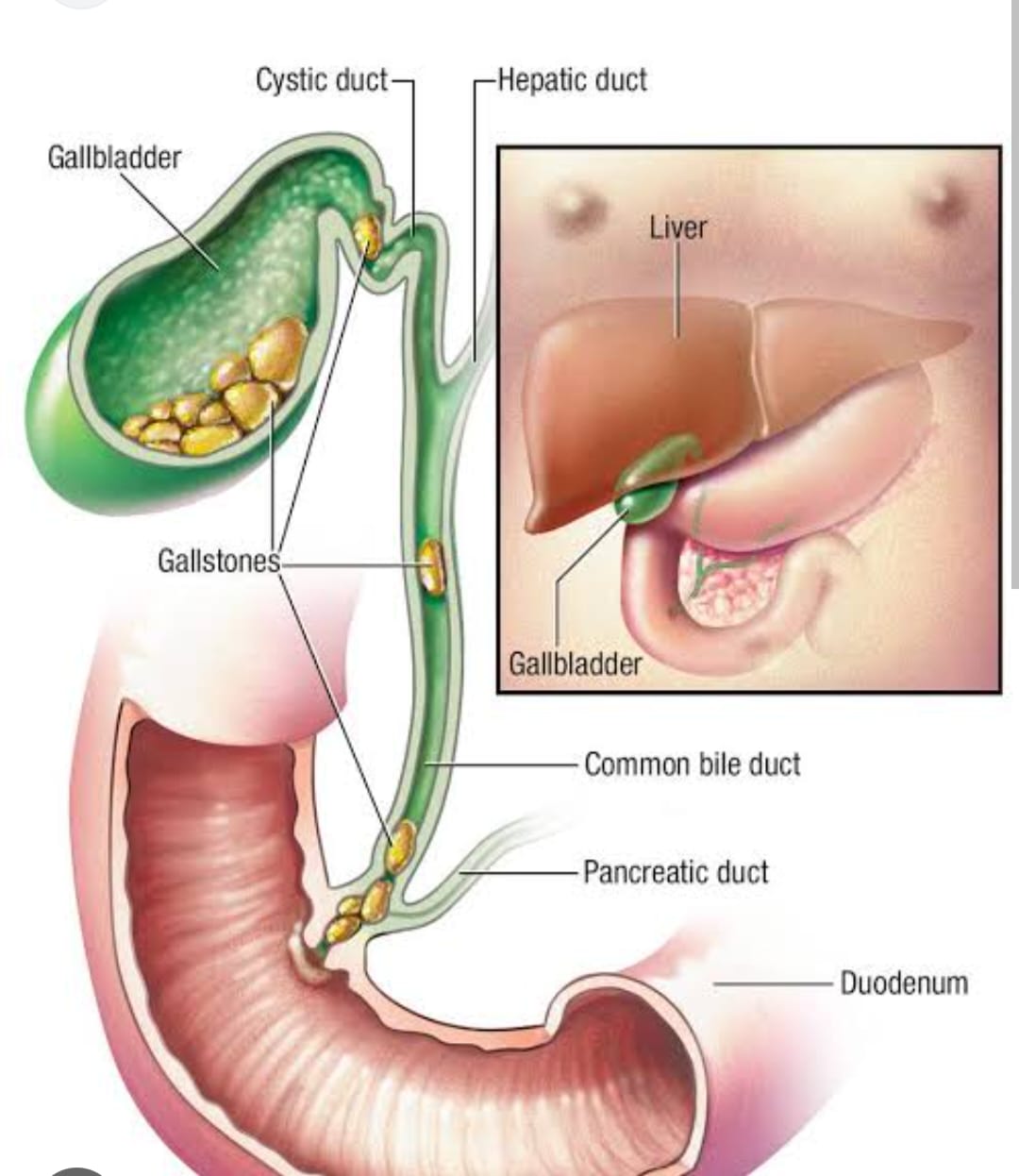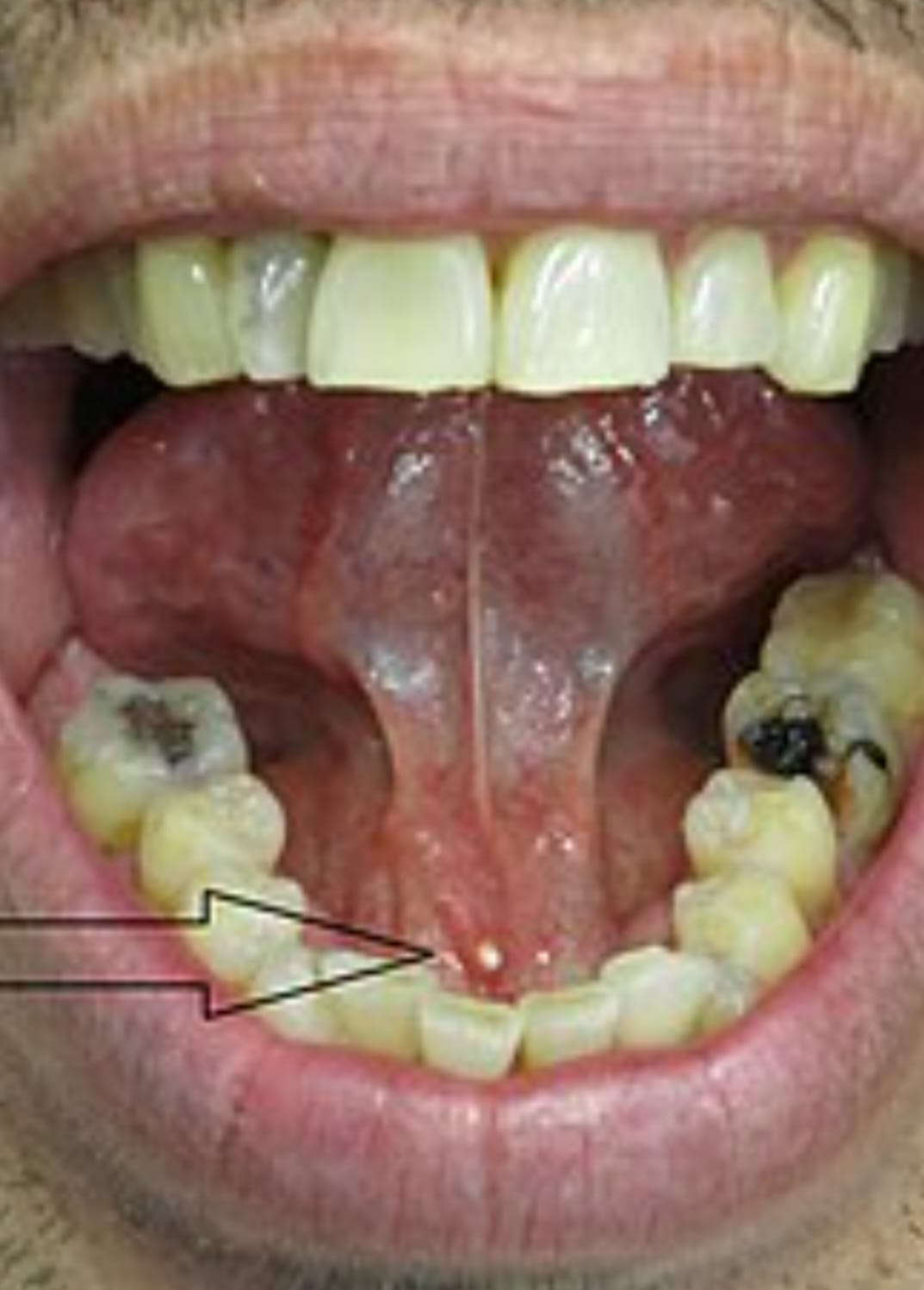Stones of Kidney, Urinary bladder, Ureter, Urethra, Gall stone, Salivary gland stone
Kidney stone
A kidney stone is a hard mineral and crystalline material formed within the kidney or urinary tract. Kidney stones are a common cause of blood in the urine and often severe pain in the abdomen, flank, or groin. One in every 20 people develops a kidney stone at some point in their life. The condition of having kidney stones is termed Nephrolithiasis or urolithiasis
Causes kidney stones:-
-Kidney stones form when there is a decrease in urine volume or an excess of stone-forming substances in the urine. The most common type of kidney stone contains calcium in combination with either oxalate or phosphate. Other includes uric acid and the amino acid cysteine.
-Obstruction to the flow of urine can also lead to stone formation. Kidney stones can also result from infection in the urinary tract.
-Men are especially likely to develop kidney stones, and whites are more often affected than blacks.
-The prevalence of kidney stones begins to rise when men reach their 40s, and it continues to climb into their 70s.
-People who have already had more than one kidney stone are prone to develop more stones.
-A family history of kidney stones is also a risk factor for the development of kidney stones.
Homoeopathic treatment:-
Homeopathic treatment is a clinically proven therapy that breaks the stones in to gravel and eliminates them through urine. The medicines cleanse out all urinary tracts. The various methods of treating kidney stones can be by breaking the stone so that stone material completely breaks down and is able to move out easily. The other methods include flushing out all dissolved particles and preventing microbial growth in the urinary tracts. Homeopathy also decreases recurrence of kidney stones. Homeopathic medication increases kidney resistance and resumes kidney function and allows them to naturally keep minerals dissolved in urine.
Gall Stone
Gall stone also termed as cholelithiasis. Stones forming in the gall bladder are usually of 3 types, either cholesterol stones or stones made of some pigments found in the liver or mixed stones. The exact cause of gallstones is not known but it is more common in females especially above the age of fifty, in those who are obese with a high level of blood cholesterol. Many a times these stones cause no problems & are detected accidentally on an abdominal sonography.
However symptoms when present can be of many types. It could be just recurrent episodes of indigestion & flatulence with slight abdominal pain or frequent back pains on the right side or at times acute attacks of severe abdominal pain which makes the patient very restless. This usually occurs when the stone moves from the gall bladder to the bile duct & causes obstruction.
Gallstones can cause complications in the form of obstruction of the bile duct leading to severe pain & jaundice or recurrent attacks of acute inflammation of the gall bladder itself or a thickened, shrunken & malfunctioning gall bladder. Usually surgery is advised & the gallbladder is removed.
Surgery becomes absolutely necessary in cases of obstruction or shrunken gall bladder but if homeopathic treatment is started early enough in the course of the disease, complications & surgery can be avoided.
Homeopathic treatment is a clinically proven therapy that breaks the stones in to gravel and eliminates them through bile. The medicines clean out all biliary tracts. The various methods of treating gall stones can be by breaking the stone so that stone material completely breaks down into very small particles and is able to move out easily.
The other methods include flushing out all dissolved particles and preventing microbial growth in the biliary tracts. Homeopathy also removes the tendency to form stones.
Salivary gland stone
One or more stones sometimes form in one of the salivary glands. A stone can cause a blockage of the flow of saliva, which can lead to pain and swelling of the affected salivary gland.
Symptoms could be:-
Dull pain from time to time over the affected gland. Swelling of the gland. Swelling may be persistent or vary in size from time to time.
Infection of the gland may occur causing redness and pain. This may develop into an abscess and make you feel quite unwell. Some people with salivary gland stones have no symptoms at all. A stone may be found by chance on an X-ray picture taken for another reason.
Investigation includes:-
X-rays, ultrasound, or CT scan of the face can confirm the diagnosis
Cause
The reason why these stones form is not known.
Homoeopathic treatment:-
Homeopathic treatment is a clinically proven therapy that breaks the stones in to gravel and eliminates them along with saliva. The various methods of treating salivary gland stones can be by breaking the stone so that stone material completely breaks down into small particles and is able to move out easily. The other methods include flushing out all dissolved particles and preventing microbial growth in the tracts. Homeopathy also decreases recurrence of stones formation.



